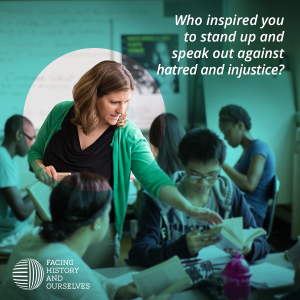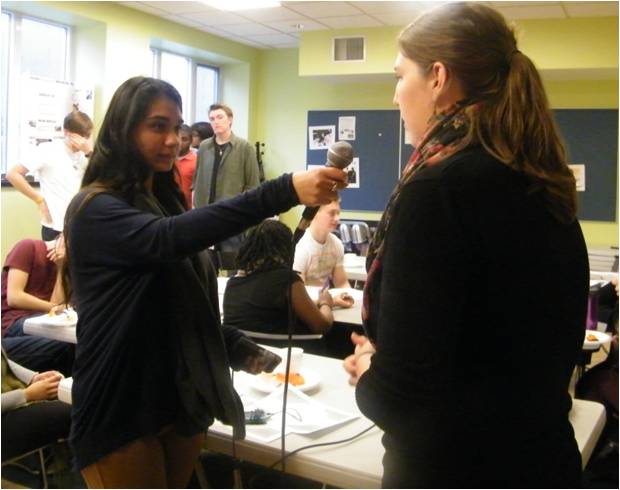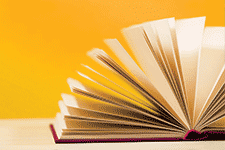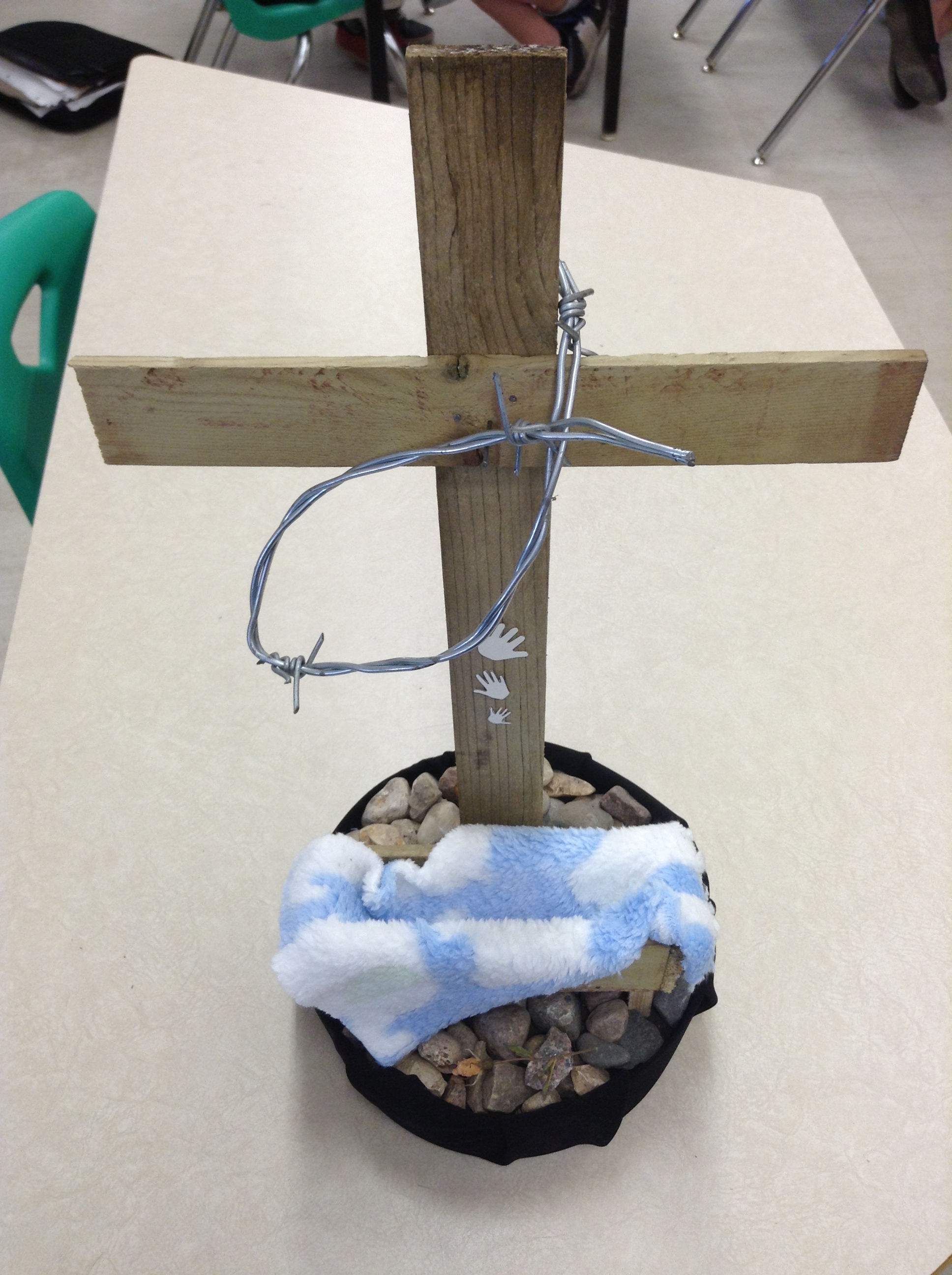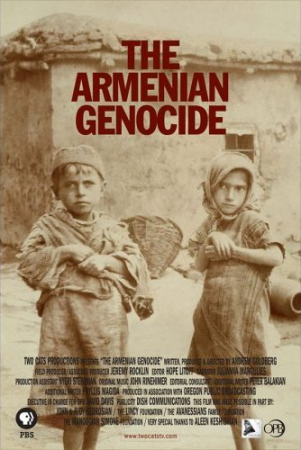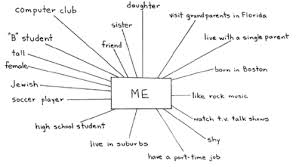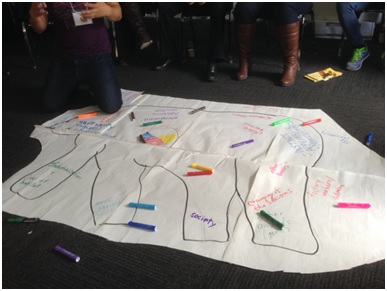If you had a $5,000 classroom gift to give to a teacher for changing your life, who would you give it to?
At the Toronto office here at Facing History, we know so many teachers who work tirelessly and selflessly to give students learning experiences, words of wisdom, encouragement, and kindness to make meaningful change in their students' lives.
Read More
Topics:
Choosing to Participate,
Facing History Together,
Innovative Classrooms
Stories matter: They shape the way we see ourselves, the way we see others, and the way we understand history. By sharing and listening to stories, we recognize ourselves as part of the human story, as individuals who can change the narrative by making positive choices and shaping our world.
Read More
Topics:
Safe Schools,
Identity,
Media Skills,
Technology,
digital stories,
Radiozilla,
Genocide and Crimes Against Humanities Course
Welcome back to school! As you start to get settled into your courses and plan the weeks ahead, here are a few opportunities to get excited about if you are keen to bring more Facing History and Ourselves into your classrooms.
Read More
Topics:
Back-To-School,
Events,
English Classroom
Memorializing the Armenian genocide.
I have always been fascinated by the creation of – and purpose behind – memorials and monuments. I can appreciate the level of thought and detail that goes into each and every design.
Read More
Topics:
Art,
Facing History Resources,
Memorial,
Genocide and Crimes Against Humanities Course,
Lesson Ideas
When teachers flip the calendar to August, the countdown is on. Inevitably, we begin planning for the next school year. One of the beautiful things about being a teacher is the opportunity for new beginnings.
I am always reflecting on how I can improve a lesson, unit or activity and the Facing History website is a go-to resource for me. Here are my five recommended resources from the Facing History website to inspire your classroom practice this year:
Read More
Topics:
Antisemitism,
Choosing to Participate,
Facing History Resources,
History,
Holocaust Education,
Genocide and Crimes Against Humanities Course
Last week I had the honour of participating in the Facing History and Ourselves: Holocaust and Human Behaviour summer seminar at the Ontario Institute for Studies in Education.
Read More
Topics:
Professional Development,
Facing History Resources,
Identity,
Middle School,
Strategies
We are very happy to welcome the voice of student Anmol Sandhu to the Facing History and Ourselves Ontario Network blog this week as she reflects on the power of choosing to participate.
Read More
Topics:
Choosing to Participate,
Identity,
Media Skills,
current events,
We and They,
Culturally Responsive and Relevant Pedagogy,
Genocide and Crimes Against Humanities Course,
CHG,
Social Justice
As a high school teacher, one of the most common things that I hear when walking through the hallways is the refrain of students dishing out advice to their friends: “If that happened to me, I would’ve done/said _______.”
When I hear it, my first reaction is to wonder if there is truth in the advice. And if there is, how much?
Read More
Topics:
Choosing to Participate,
Identity,
History,
Strategies,
Genocide and Crimes Against Humanities Course,
Lesson Ideas
Note-taking is an important learning strategy that can help prepare students to participate in a discussion or begin a writing activity. Notes can be used to recognize students’ misconceptions and questions, and to evaluate students’ understanding of material.
As educators, we all too often do not teach our students effective note-taking strategies, assuming instead that this skill is something that they will learn to do intuitively.
Read More
Topics:
History,
Innovative Classrooms,
Technology,
Metacognitive startegies,
Strategies,
Lesson Ideas,
English Classroom
Earlier this year I had the honour of presenting a workshop at the Elementary Teachers of Toronto LGBTQI Teacher Conference at Ryerson University. I described the workshop as:
An interactive, participatory drama and movement workshop using the text “The Bear That Wasn’t” to explore our struggles with identity, how our identities are shaped by others and societal expectations and our battle to find our true selves.
Read More
Topics:
Professional Development,
Identity,
Middle School,
Strategies,
Lesson Ideas

